#OTD on February 4, 1919, the fifth day of the Joint Committee of the Senate and the House in the Investigation of the Texas State Ranger Force (hereafter, “Canales Hearings”) took place in the Texas state capitol.
On this day, evidence documenting some of the worse state violence, including the Porvenir Massacre, was introduced in affidavits and testimony. Canales pressed for consequences not just for Rangers in the field, but for their leaders in Austin.
https://www.tshaonline.org/handbook/entries/porvenir-massacre
He introduced his 11th charge, that Captain James Monroe Fox’s Company arrested, disarmed, and “murdered” fifteen men and boys at Porvenir, Texas, “without any justification” and without giving the men “any chance to prove themselves innocent.”
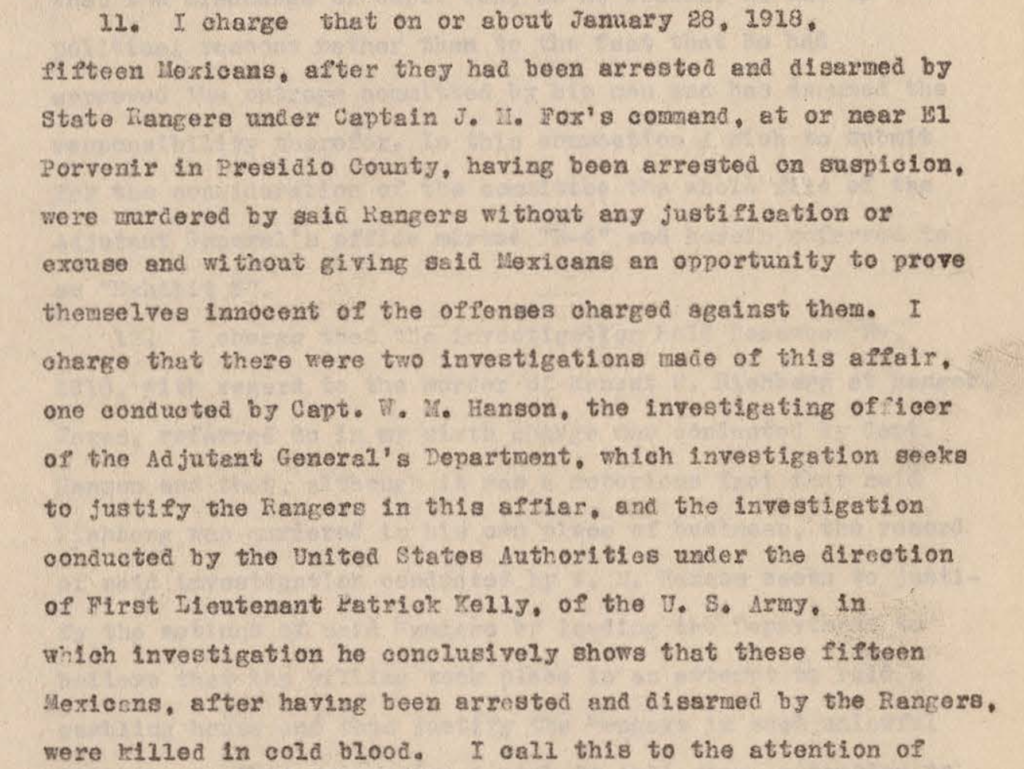
But the problem went beyond Fox. Ranger leadership hired and kept men on the force whose “only qualification” was that “they can kill a man first and then investigate him afterward. Adjutant General Harley should be dismissed, Canales argued.
Concrete and dramatic testimony from several Anglo witnesses bolstered Canales’ position. Attorney Thomas Hook described preparing a petition for Mexican American residents of Kingsville in 1916. The disappearance of José Morín and Victoriano Poncé from Kingsville’s jail created enormous fear among the town’s Mexican-descent population about “the indiscriminate killing of Mexicans in this State lately.”
“it is no crime to belong to the Mexican race,” the petition stated, yet many “who have been killed without a trial lately, have been guilty of no other crime than being Mexicans.”
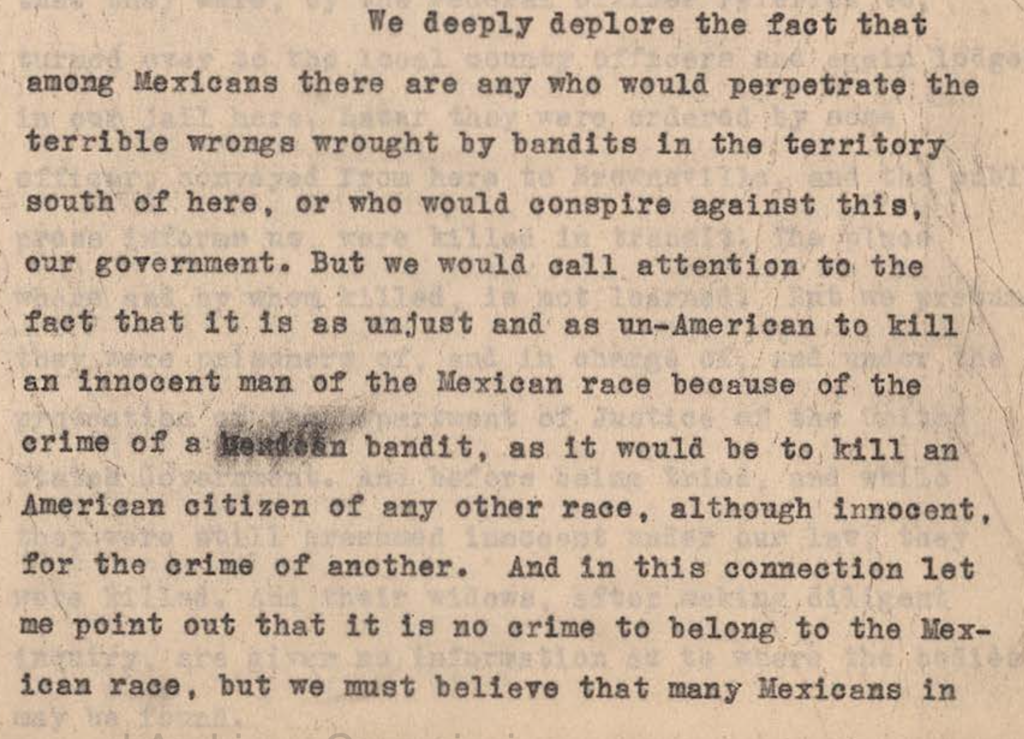

Hook then recounted being pistol-whipped in the hallway of the Falfurrias (Brooks County) Courthouse by Ranger Captain J.J. Sanders for being the “son of a bitch that wrote that petition at Kingsville.”
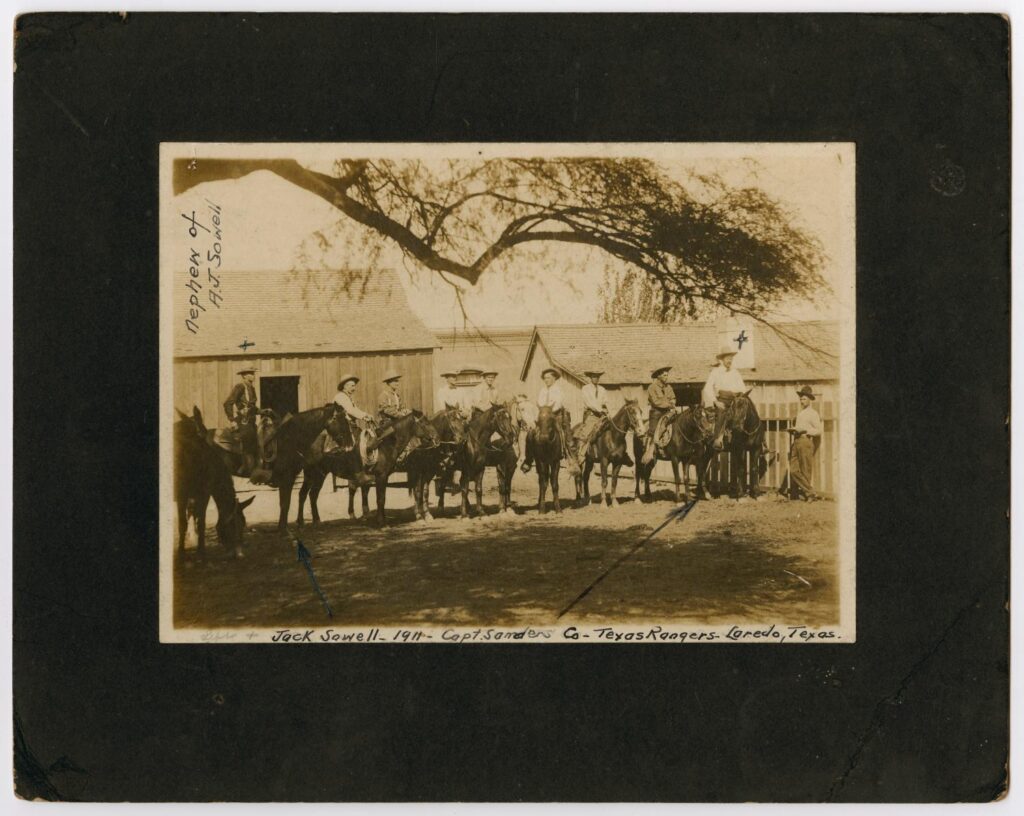
Brownsville Attorney and former District Attorney J.C. George spoke of the use of Rangers by developer Lon Hill to run the Villareal family off of their land near Harlingen and claim it as his own.
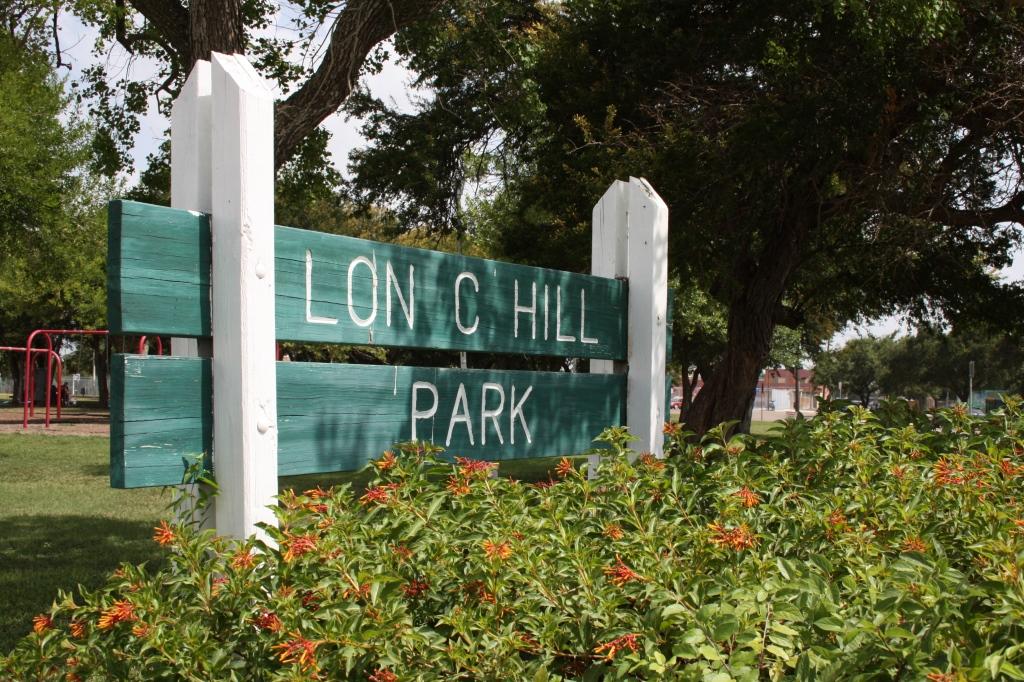
George also introduced the term “evaporated,” in reference to prisoners who had disappeared. He knew “lots of men who have evaporated in that country.”
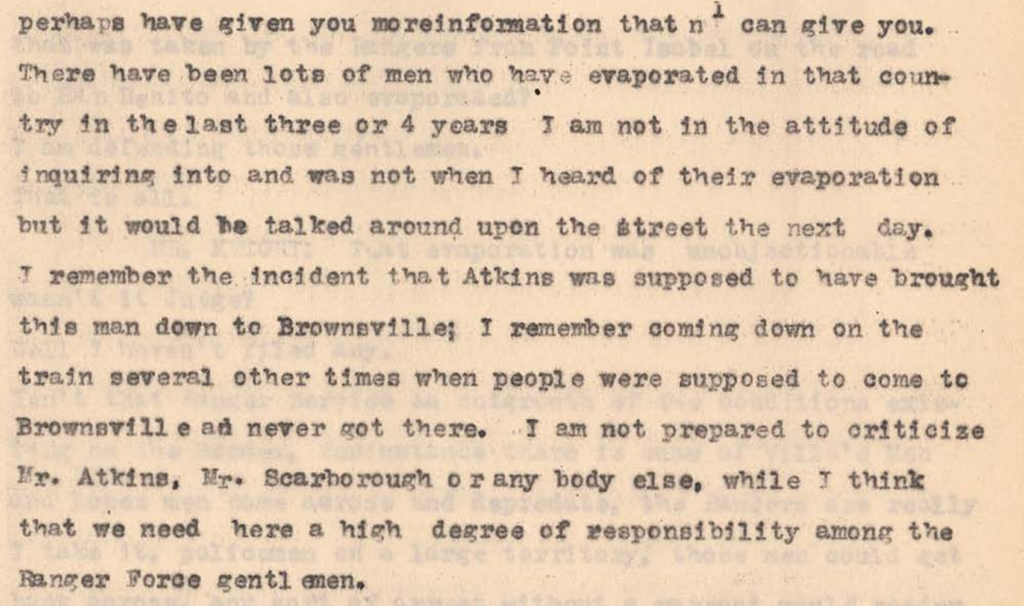
Ranger leadership avoided most specific charges against Rangers, instead focusing on general border conditions and on evidence that Canales had worked with and expressed appreciation for Rangers in the past, including some of the leaders he was now criticizing.
Col. H.J. Slocum, commanding officer of the 13th Cavalry at Fort Sam Houston and a forty-seven-year Army veteran with thirty years of experience along the border, for example, testified that the Rangers consistently, fully, and effectively cooperated with his troops.
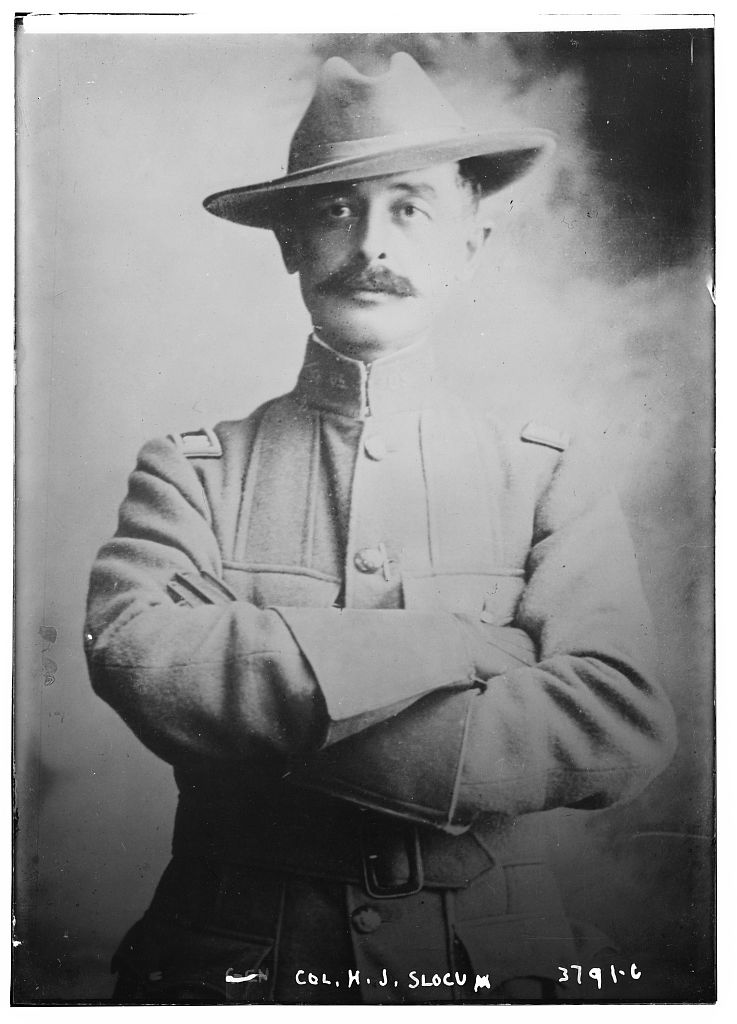
So the initiative still seemed to rest with Canales. Soon enough, though, he would find himself the subject of the hearings as much as the Rangers. The hearings resumed the following day, treated in our next thread.
This thread is a part of the #OTD in Ranger history campaign that @Refusing2Forget is running this year. Follow this twitter handle or https://refusingtoforget.org/ranger-bicentennial-project/, and visit our website https://refusingtoforget.org/otd-calendar/ to learn more.
Key secondary sources for this thread include:
@BenjaminHJohns1‘s Revolution in Texas (pp 169-175)
@MonicaMnzMtz‘s The Injustice Never Leaves You (182-216)
Reverberations of Racial Violence
and Ribb, “Reader’s Guide to the Canales Hearings”

